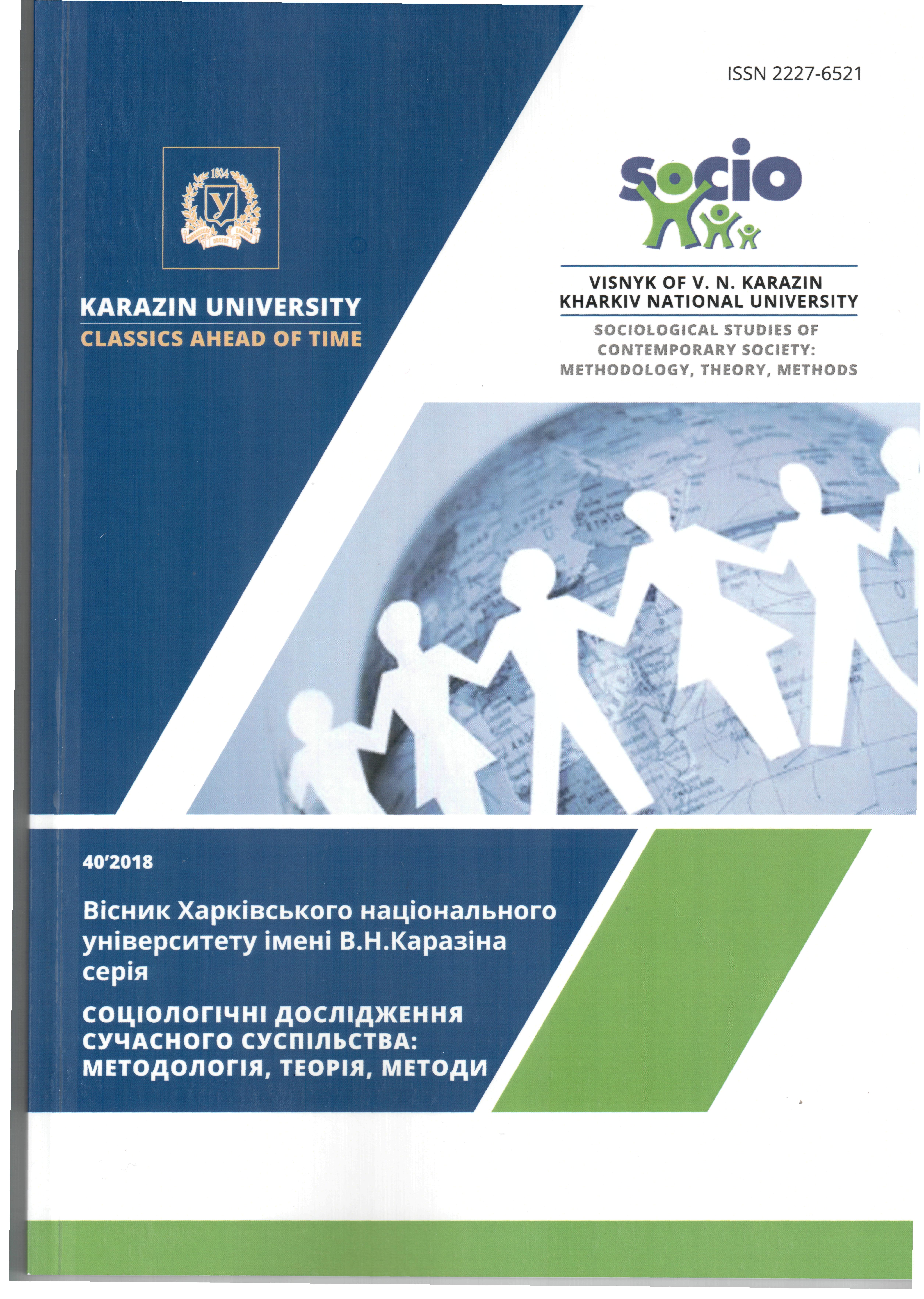Social Exclusion and Inclusion in Higher Economic Education
Abstract
Information in social networks is the main source that determines the choice of a profession by school leavers. The choice of higher economic education by school leavers in recent years is subjected to fluctuations, which cause concern not only for university staff, but also for scientists. We can observe social exclusion in higher economic education, which justifies the need for its study and the relevance of this article. The purpose of the article is to analyze the causes and consequences of social exclusion and determine the prospects for social inclusion in higher economic education. It is shown that social exclusion in higher economic education appears because of explicit and implicit reasons. The indicators of adaptation of students to two systems of relations are considered. Content analysis of the requirements of employers graduates shows that graduates of higher education institutions do not have enough skills of conducting negotiations, abilities to suggest scenarios of presentations, knowledge of emotional intellect, which secure emotional control in the process of communication. To get experience of successful communication, it is recommended to use W. Ury strategies. Depending on the situation, motivation and relationship system (teacher – student; graduate–employer) it is possible to apply various strategies of W. Ury to achieve inclusion in higher economic education and prevent social exclusion, poor motivation, lack of interest in economic education, which is necessary for organization of business and successful self realization. Stages of ensuring social inclusion in higher economic education, which are the prospects for social inclusion, are suggested.
Downloads
References
Armstrong F., Armstrong D., Barton L (Ed) Inclusive Education: Policy. Contexts and Comparative Perspectives. London: London Press, 2001.
Бородкин Ф. М. Социальные эксклюзии. URL: http://www.civisbook.ru/files/File/Borodkin_Soc_zhur_2000_3.pdf
Шмидт В. Р. Социальная эксклюзия и инклюзия в образовании: учебное пособие. М.: МВШСЭН, 2006. 183 с.
Шмидт В. Р. Междисциплинарный подход к проблеме социальной эксклюзии. Журнал исследований социальной политики. Т.2. № 4. 2004 С. 547-566.
Курмышева Л. К. Инклюзивное образование: зарубежный опыт. Сибирский педагогический журнал. № 9. 2012.С. 221- 224.
Кастельс М. Информационная эпоха. Экономика. Общество. Культура. М., 2000. 606 с.
Кашин А., Польщикова Е., Сахно Ю. Випускники українських ВНЗ очима роботодавців. Київський міжнародний інститут соціології. URL: https://www.yourcompass.org/docs/Employees%20on%20University_Graduates.pdf
https://rabota.ua/ua/zapros/маркетолог
Балацкий Е.В. Новые тренды в развитии университетского сектора. Мир России, 2015. № 4. С. 72-98.
Ury William. Getting to Yes with yourself: (and other worthy opponents). Harper Thorsons, 2015. 192 p.





